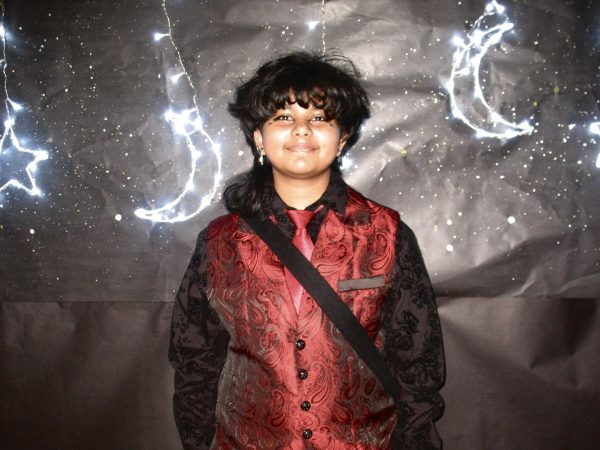As described by Ellen Reese, a Sociology professor and chair of Labor Studies at the University of California, “At this time, the world needs a lot from their segment of society— especially for them to keep their heads (and wealth, power, and moral obligation) a little less in the heavens versus right here on planet Earth”, highlighting the implications of commercial space exploration that billionaires like to avoid discussing. The space race has evolved from an exclusive area of research and governmental exploration to privatizing space travel, with companies like SpaceX, Virgin Galactic, and Blue Origin now offering spaceflights. As per NASA, 38 humans have flown on commercial vehicles to low Earth orbit, demonstrating the potential and magnitude of space travel. However, space travel, primarily because of how billionaires promote it, is problematic due to its environmental consequences, ethical and social concerns, and safety risks.
Every rocket launched into space leaves a stain behind on Earth, impacting not only animals, plants, and humans but also degrading the environment of our most precious asset: the Earth. As per a study conducted in 2022 about the impact of rocket launches, “warming efficiency of space tourism (soot) emissions about 500-times greater than surface and aircraft sources of soot.” This suggests how unique space travel is as it is exponentially damaging compared to other milestones in human history. Environmental “vandalism” is exemplified by billionaires who neglect the ecological aspect of launches, as exemplified by Elon Musk’s decision to launch his Tesla Roadster into space, which added another piece of debris into space. In a nutshell, commercial space travel is prone to being abused by billionaires’ lavish lifestyles, especially with the loosely defined laws concerning it.
Furthermore, commercial space travel serves no tangible scientific purpose that benefits most people, revealing its partiality. For context, companies like Blue Origin give free flights to noteworthy people such as aviation pioneer Wally Funk, Star Trek actor William Shatner, former football star Michael Strahan, and Laura Shepard Churchley, the daughter of astronaut Alan Shepard (after whom Blue Origin named its rocket), as per the Observer. While such publicity helps the companies themselves, this pleasure is at the expense of people on Earth, as the ozone layer’s depletion affects everyone and increases the risk of cancer among other consequences. This unfairness shows that the misallocation of resources increases the problems on Earth rather than decreasing them.
Moreover, space travel could be better, impacting many people who work on these missions. The fact that the Federal Aviation Administration (FAA) is prohibited from regulating the safety of individuals on board shows that innovation is given priority over safety. The astronauts involved in these missions would be endangering their lives—not for the benefit of humankind but for the handful of billionaires. The aspirations of some of these billionaires, such as the intention to inhabit Mars, also pose concerns for the safety of humans as a whole—as only a few billionaires control space with their money. Commercial space travel is concerning and incrementally, may even foreshadow a more serious issue that puts Earth at risk.
Conclusively, commercial space exploration presents a double-edged sword. While it holds the potential for scientific advancement and economic growth, the environmental impact, ethical concerns, and safety risks must be addressed. We must strive for a future where space exploration is conducted sustainably and ethically, prioritizing the well-being of Earth and all its inhabitants before reaching for the stars. This necessitates stricter regulations, focusing on scientific discovery over joyrides for the wealthy and ensuring the safety of those venturing beyond our atmosphere. Only through careful consideration and a commitment to responsible practices can we ensure that commercial space exploration benefits all of humanity, not just a select few.






































